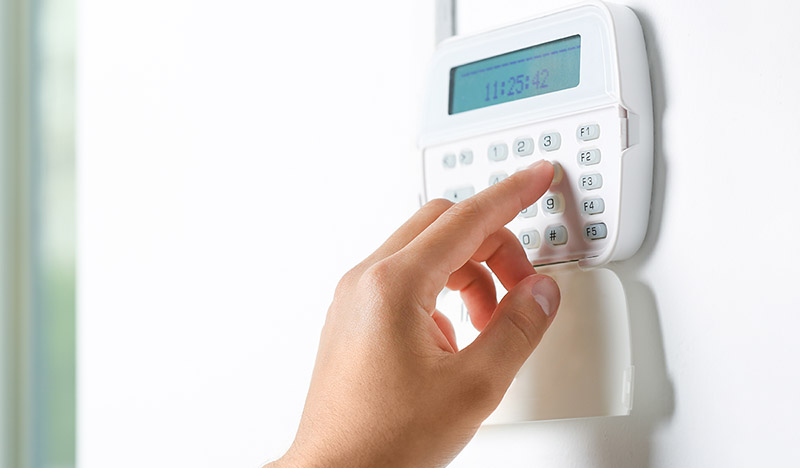Home Security Systems and Estate Planning
Estate planning helps bring peace of mind and a sense of security, both in our lifetime and beyond. While we cannot predict our fate, we can at least dictate how our money and property will be distributed and ensure that we provide for our loved ones.
Physical security is a big part of feeling emotionally, psychologically, and spiritually secure. More Americans have a home security system than have an estate plan. If we do not protect our property in the here and now, it will not be there to pass on later.
End-of-life situations can present thieves with opportunities to take advantage of vulnerable families. A home security system can fit nicely into estate planning goals, providing an extra layer of protection when we are gone—both temporarily and permanently.
If you have both a home security system and an estate plan, then you are probably proactive about planning for possible contingencies. But if you have not incorporated your security system into your estate plan, you should do so as soon as possible.
You may have already given a house sitter, pet sitter, friend, or neighbor access to your security system. While they can enable and disable the alarm on an emergency basis, decision-makers you have designated in your estate plan to act on your behalf—such as a personal representative, trustee, guardian, or financial or medical power of attorney agent—may need access as well.
In fact, a trusted decision-maker may have a legal duty to keep your property secure in accordance with your wishes, which can include using the security system. Or, if you do not have a system currently but wish to incorporate security technology as an added layer of protection after your death or incapacity, you can specify that in your estate plan.
When providing access to a security system that you installed, make sure the person you are entrusting has all the information they need:
- Wired systems are typically operated with a password-protected control pad.
- Wireless systems can be controlled through a smart device app that requires login credentials.
- There are also systems monitored 24/7 by a professional security company that calls you—or a neighbor, friend, or family member—to verify an alert. With a monitored system, provide the company with the contact information of somebody other than you who can receive alerts.
In death as in life, the smallest details can make the biggest difference. A will is just the beginning of a strong, well-thought-out estate plan. When the time comes for your loved ones to deal with your estate, your estate plan may prove ineffective if they do not have access to your home security system and other account information.


